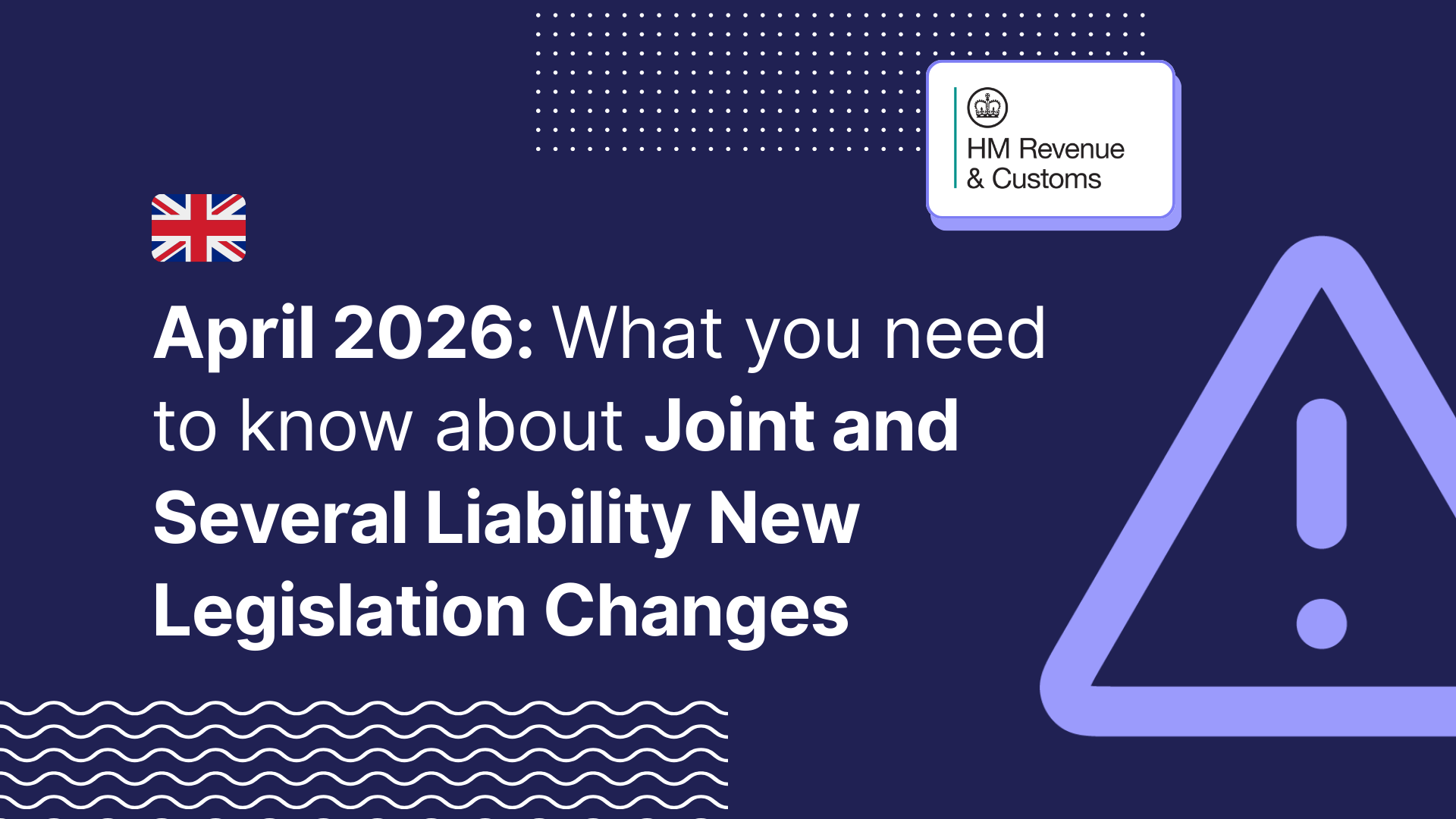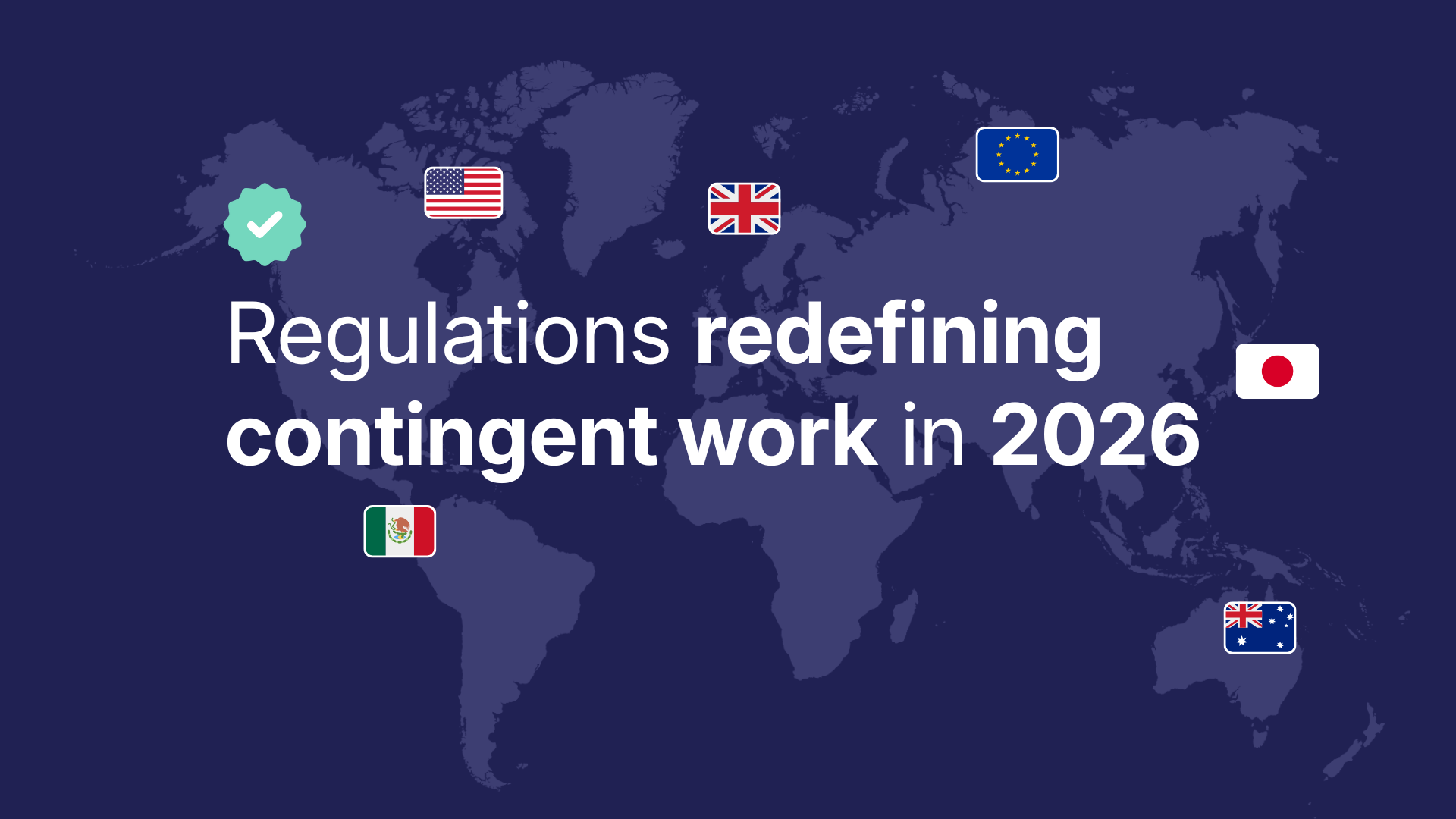Chancellor Kwasi Kwarteng announced today as part of the mini-budget, that the UK Government will be repealing the recent IR35 reforms for both public and private sector.
The Government's Growth Plan sets out to take complexity out of tax and states that: “The 2017 and 2021 reforms to the off-payroll working rules (also known as IR35) will be repealed from 6 April 2023”. From this date, it means contractors will once again be responsible for determining their employment status.
Since the 2017 and 2021 IR35 reforms came into effect they have been widely criticised for causing confusion and friction for both contractors and hirers. There is a general consensus that IR35 took away some of the workforce flexibility at a time where most companies and public sector services needed to be more agile and embrace the use of independent contractors with specialist skills.
While the IR35 reforms are now being scrapped, the need for businesses to ensure worker regulation and tax compliance (specifically, not paying contractors off-payroll if they are in fact performing employee-like duties) remains as strong as before. Even as the recent reforms are rolled back, the underlying IR35 off-payroll tax rules principle is expected to remain in place.
Our CEO, Runar Reistrup, said:
We expect the demand for freelancers and contractors to pick up strongly in the wake of today's changes. The companies will still need to think carefully about how they onboard and manage their freelance workforce in a compliant and efficient way.
With the UK economy facing challenging times ahead, many companies’ ability to engage a flexible workforce of highly skilled freelancers and contractors will be key for their ability to adapt and thrive.




.jpeg)


